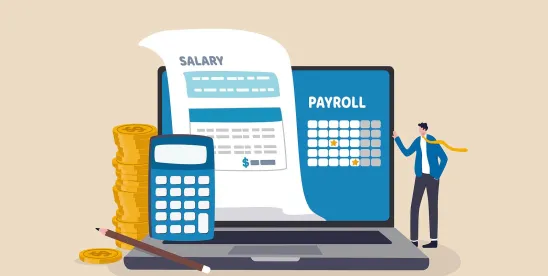California law requires employers to provide employees written wage statements listing gross and net wages earned, hourly pay rates, hours worked, and other employment-related information. (Lab. Code, § 226.) If a claimant demonstrates that an employer has failed to comply with this requirement, the claimant is entitled to an injunction compelling compliance and an award of costs and reasonable attorney’s fees. (Id., subd. (h).) But in the case of a “knowing and intentional failure . . . to comply,” the law provides for statutory penalties of up to $4,000 for the employee’s actual damages, should the employee’s damages exceed the statutory penalties. (Id., subd. (e)(1).)
The California Supreme Court in Naranjo v. Spectrum Security Services, Inc. recently considered whether an employer has “knowingly and intentionally” failed to comply with section 226’s requirements when the employer had a good faith, yet erroneous, belief it complied with the law. Employees so often bring derivative claims under section 226 premised on alleged substantive violations of the Labor Code, including minimum wage, overtime, and meal and rest violations. These penalties are frequently sought under the theory that a failure to comply with section 226 is “knowing and intentional” if the employer was aware of the underlying facts giving rise to its violation of section 226. In Naranjo, the defendant believed it did not owe its guards premium pay for missed breaks and therefore was not required to report missed-break premium pay on wage statements. Under the plaintiff’s theory, defendant would be liable under section 226, given its knowledge of the underlying facts of the missed-break claim.
The California Supreme Court rejected this harsh interpretation of “knowing and intentional.” Instead, it held: “an employer’s objectively reasonable, good faith belief that it has provided employees with adequate wage statements precludes an award of penalties under section 226, subdivision (e)(1). An employer that believes reasonably and in good faith, albeit mistakenly, that it has complied with wage statement requirements does not fail to comply with those requirements knowingly and intentionally.”
The California Supreme Court compared section 226’s “knowing and intentional” language to section 203, which imposes penalties where an employer “willfully fails to pay . . . wages of an employee who is discharged or who quits.” Courts have uniformly recognized a good faith defense to section 203 “waiting time” penalties. In Naranjo, the California Supreme Court affirms this principle—that employers who have inadvertently violated the law do not need strict-liability penalties to prevent them from repeating their mistake, so long as they proceeded on a reasonable, good faith belief in compliance.
This decision is good news for California employers managing large-scale wage and hour actions, and hopefully portends similar common-sense developments in wage and hour law.





 />i
/>i
